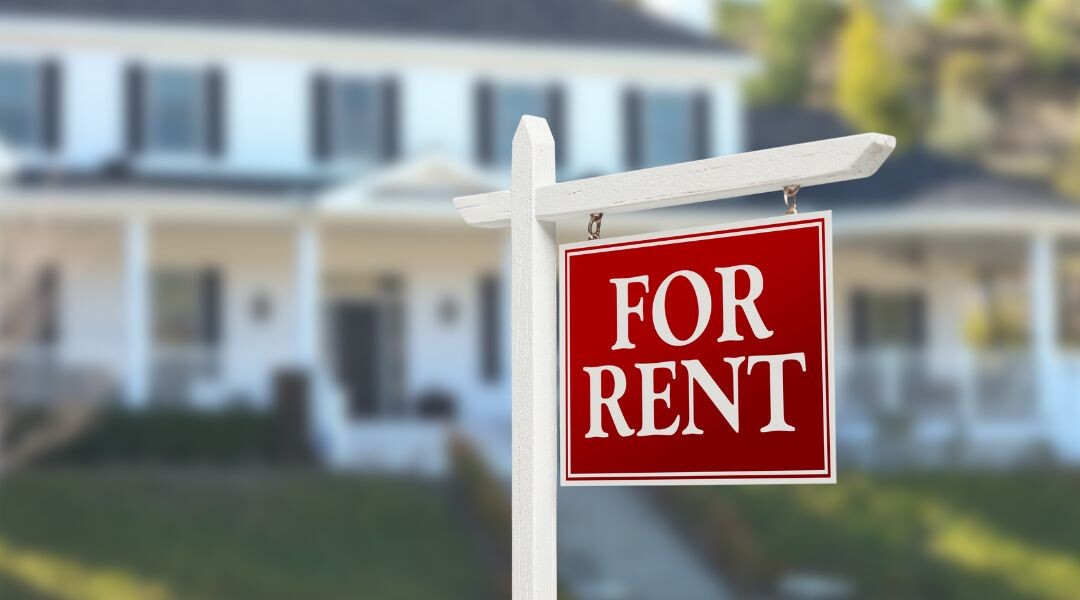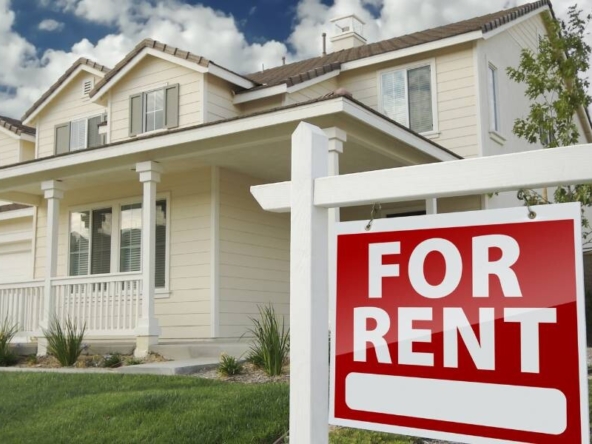Are you considering investing in rental properties in Dallas? The choice between short-term and long-term rentals can seem complex. Short-term rentals often yield higher income but require more hands-on management.
On the other hand, long-term leases provide stable profits over extended periods with fewer hassles from turnover. Understanding both options is crucial for determining which path matches your strategic goals as an investor.
Benefits of Short-Term Rentals
In assessing the benefits of short-term rentals, consider a facet often overlooked: control over occupancy. Short-term leases offer you, as a homeowner, the liberty to choose when your property is tenant-occupied. Suppose there are times in the year when you’d rather have no tenants; this approach allows that flexibility.
Are you concerned about wear and tear from constant tenancy? Limiting how much of the year it’s rented out may help mitigate those worries.
A noteworthy perk of short-term leases is usually higher rental income. This can be attributed to seasonal demand swings and peak-season pricing opportunities made possible by transient renters. These advantages are not available for long-term lessees, who typically have fixed rates for the duration of their stay.
Market experts continuously purport sustained surplus earnings via frequent renting compared to its long-run counterpart. It’s worth noting while deliberating on which method suits your needs best.
Challenges with Short-Term Rentals
You might face some hurdles with short-term rentals. For instance, several cities are taxing vacation property owners like hotels due to lost tax revenue.
Your profit margins could narrow if your rental listing faces competition. This could cause a drop in the rate per stay. In some jurisdictions, regulations are even stricter. They require hosts to live on-site while guests visit or limit permit availability.
In certain areas, properties need at least an acre of land for permit qualification. These rules may prevent you, the investor owner, from fully participating and could mean you must rent the property in the long run to regain your costs. Therefore, it is advisable to carefully consider these elements before committing to this investment.
Pros and Cons of Long-Term Renting
Shifting our focus, we delve into long-term rental properties. These are rented out for extended durations, typically spanning months or even years. Often, they cater to individuals and families seeking stable housing solutions.
What sets them apart? Stable cash flow is one factor that attracts investors to this model of renting.
A lease agreement that extends over a longer period, such as six months or more, can provide you with peace of mind and secure income month by month as the property owner. However, it is important to remember that high rewards often come with potential risks for short-term rentals and longer leases.
For instance, tenant issues, from late payments to considerable wear and tear due to continuous use, can disrupt your steady income stream despite having contracts binding tenants legally speaking!
Before making any investment decisions, it is important to understand the pros and cons associated with that decision. Evaluate both the advantages and disadvantages while also considering potential future growth and changes in the real estate market. Doing so will help ensure you are making an informed decision.
Property Management for Long Term Properties
Now, let’s delve into the nitty-gritty of managing long-term rental properties. As you oversee these units, stability becomes your top priority. You want to ensure that tenants feel “at home.” Why? Furnishing a peaceful ambiance helps retain them for longer periods.
Remember that vacant spaces equate to lost revenue in the real estate business. A focus on tenant retention minimizes vacancies and maximizes profitability over time. Furthermore, handling repairs is part of property management, too! Regular maintenance checks help detect potential issues early before they escalate into costly repairs.
Lastly, don’t overlook the importance of fostering strong landlord-tenant relationships throughout your stay at your property. The more comfortable and valued they feel, the higher the chances they will extend their lease when it expires! As an added bonus tip, consider hiring professional Dallas-based property managers if juggling all these tasks sounds overwhelming or daunting. It could prove to be an invaluable investment towards efficient property operation.
Financial Analysis for Both Types of Rental Options
Assessing financial outcomes for both rental avenues requires careful scrutiny. In a short-term lease, income can fluctuate dramatically; high-tourist season may yield sizable returns, but during off-peak times, your earnings might dip. However, with long-term arrangements, you have the certainty of stable revenue each month. Although the rates may be lower than peak-season short-term tenancies, this predictable income can benefit property owners.
Daily rentals often require frequent maintenance and cleaning due to changing occupants; this extra cost must be factored into expected profits. Longer leases usually mean less home wear, reducing repair costs over time.
Yet, it doesn’t offer the same flexibility if you fancy using your property occasionally for personal use. Rental properties also have tax implications; certain deductions are available depending on whether they’re rented out as vacation homes or year-round residences.
Comparing Property Types in the Local Market
The choice between short-term and long-term rental properties hinges on various factors. Your current lifestyle, employment status, and future plans weigh heavily in this decision process.
If your situation changes frequently, such as being a college student or having a job requiring constant relocation, shorter leases could provide flexibility. However, if you want to settle down with family or maintain a long-term job, committing to longer tenures might be more suitable.
Methodically assess your financial capability before zeroing in on any lease type, as the price tags vary considerably. The transient nature of temporary rentals can often result in higher rent amounts when compared to extended rentals. It is important to consider local market conditions before deciding between the two options. Take time to inspect leasing trends and prices before committing.
However, remember that convenience shouldn’t always trump cost considerations and vice versa.
Keep everything balanced by weighing pros versus cons objectively! Weigh your options carefully when deciding between short-term and long-term rental properties. As a landlord, consider each type’s turnover rate, potential income, and regulations. Remember that Local Dwelling is here to guide you through this process with expert advice on property management in all aspects.





